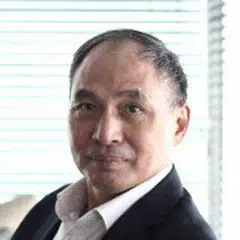Social protests in the era of affluence
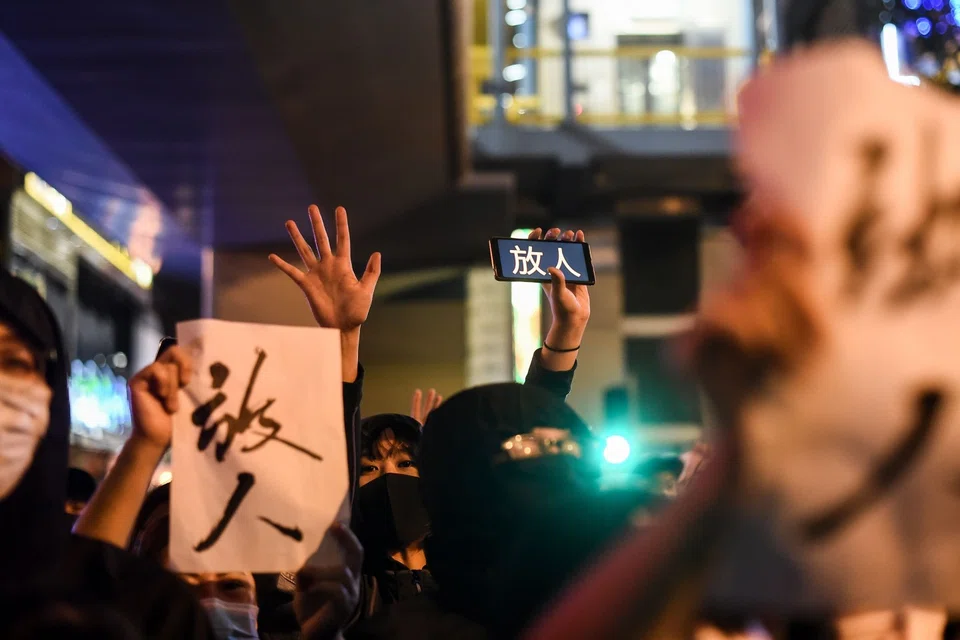
Many societies today are experiencing a surge in social protests regardless of their stage of economic development or type of political system. It is no longer a question of whether social protests will occur, but when and in what form.
The protests have been likened to the social protests of the late 1960s, where there were bottom-up movements in developed countries (such as Europe and the US) and top-down movements in developing countries (such as China). But today's social protests are more severe, with more complex antecedents as well as more enduring and profound impacts.
Social protests: a middle-class pursuit
Most people believe that they are a result of macro factors, specifically the disparity between the rich and the poor as well as social divide caused by globalisation and technological progress. According to the World Inequality Report 2018, the global top 1% earners had captured twice as much growth in global income as the bottom 50% between 1980 and 2016. Indeed, globalisation and technological progress are important causes of the widening rich-poor gap. While people at the apex of society benefit and accumulate wealth from the opportunities furnished through globalisation, the vast middle class are confronted with greater competition.
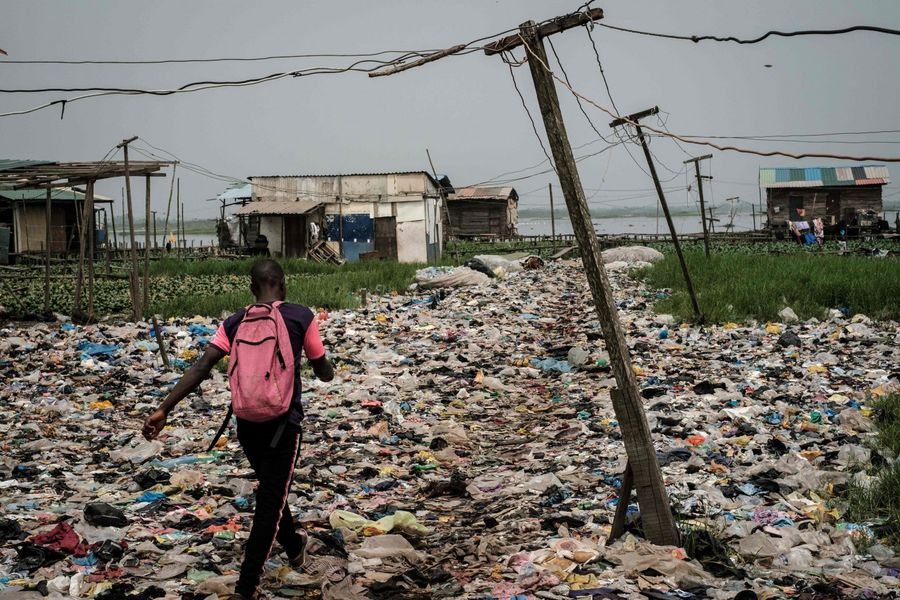
However, these important macro factors are insufficient to explain the complexity of social protests today as social protests occur in an era of affluence. Most of today's protesters come from the middle class, with the time, energy and sufficient material security to sustain social protests.
The problem of overeducation and misinformation
In addition to material wealth, affluence is manifested in many other aspects, primarily in knowledge. To promote socio-economic development, governments today invest resources in the training and development of human capital. Citizens in many countries have become overeducated, resulting in job mismatches. With higher expectations of themselves because of overeducation, the young take to the streets when the job market fails to meet their expectations. To them, this is much easier than finding good employment.
Affluence also manifests in technology. Smartphones have become prevalent today as there is no barrier to the literate to use the technology to send and receive messages. The language of all social media, to a large extent, is a populist language that easily gains currency with people with minimal education. The impact of social media on social protests cannot be underestimated.
First, social protests appear to have no obvious organiser on social media, because social media itself assumes that role. In other words, anyone can be a protest organiser by disseminating information.
...social media has completely altered the situation by enabling political consciousness to mature regardless of material wealth.
Second, fake news can mobilise people to an extent that the truth is incapable of. On social media, anyone can create fake news that is, ironically, more authentic than the truth to its creators and believers.
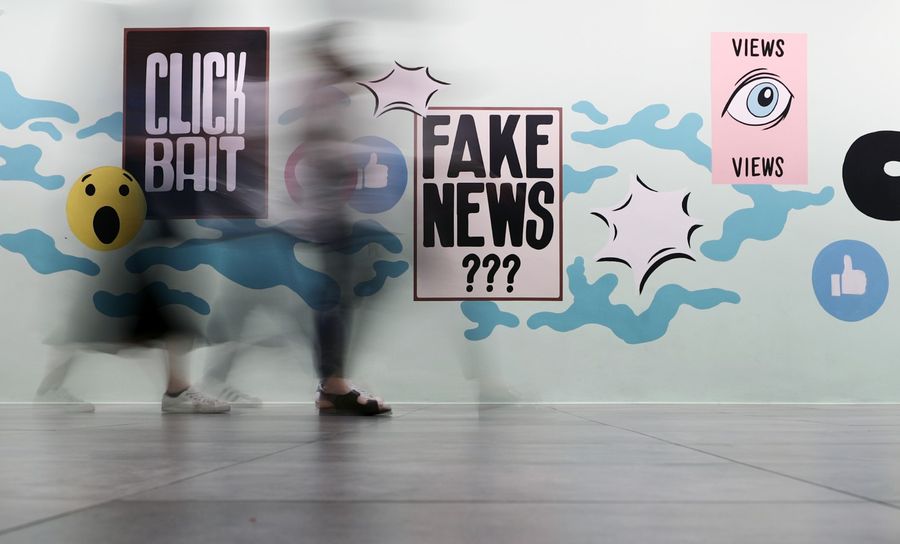
Third, social media is characterised by decentralisation, aided by individuals owning one or more mobile devices. Decentralisation facilitates today's social protests which can be assembled anytime, anywhere, resulting in highly mobile "guerrilla warfare" between the protesters and their targets, often governments. Such social protests are more difficult to fathom and control than traditional ones.
The information society has also led to an acute political consciousness, especially among the young. They are assaulted by countless manifestos before developing their thinking skills. In the virtual world, they can easily choose their own allegiance to a group, of which they are members. They become totally convinced by this political consciousness, even if it may be far from reality. While political consciousness has historically progressed alongside society's material wealth, social media has completely altered the situation by enabling political consciousness to mature regardless of material wealth. Moreover, memory has degenerated in the age of social media. Everything, including political consciousness, becomes a means of instant gratification. Acute political consciousness is often reinforced by overeducation.
The young versus the old
Intergenerational conflicts and anti-establishment sentiments are particularly significant when considering today's social protests as well. Intergenerational conflict occurs when the young generation opposes all that was built by the older generation. Historically, intergenerational conflicts were caused by fractures between generations, including divergence in beliefs, values and political inclinations.
In the 1960s when protests in the US and Europe were commonplace, the young protesters were already completely different from their previous generation, labelled the Silent Generation. Compared to the 1960s, the intergenerational fractures in the age of social media are even more profound and severe. Compared to the past where there were only a few institutions that could spread different ideas, it is now easy to set up such organisations using the Internet. The various groups in social media, usually unregulated, are institutions for the young and exist in a state of complete freedom or anarchy. They freely create their individual and group languages to establish their common identities, and prescribe and interpret reality with these lenses.
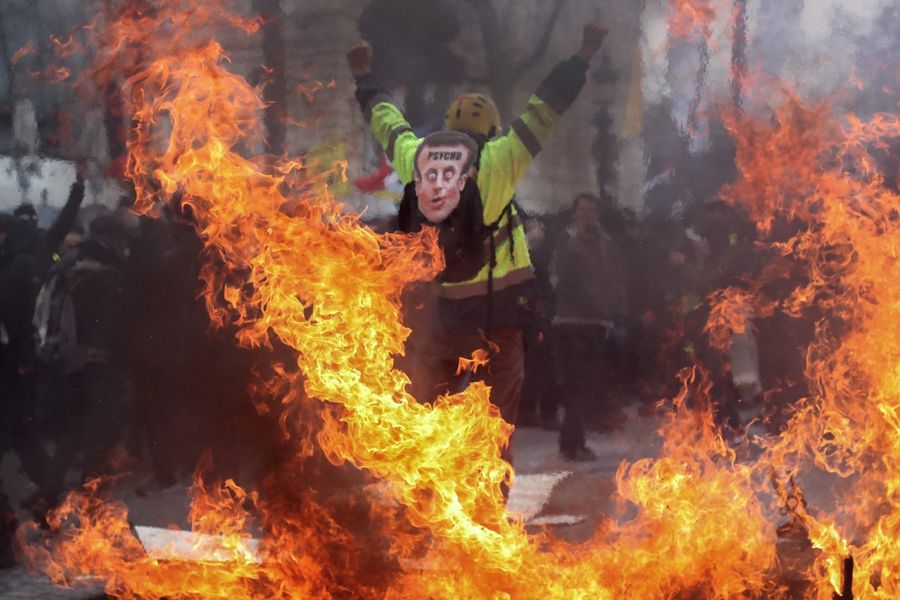
"Material fracture" at the macro level is fundamental to intergenerational "thought fracture". The young are distressed by income disparity, welfare, caring for the elderly (in East Asia), financial expenditure and debt. In modern societies, especially democratic, "one person, one vote" ones, the older generations have begun to be viewed as encumbering and burdening the next generation.
To the young, the older generations have vested interests, voting rights and other rights. Politicians who seek to remain in power have no choice but to make concessions to their, at times unreasonable, demands. Inevitably, the burden is shifted to the next generation, and many countries are today either internally or externally debt-ridden.
Anti-establishment elites and the rise of populism
Various factors have created a schism between the older and younger generations. Technology such as social media has made it even easier for the young to dissociate themselves from the old.
Dissociation and separation on a political level constitute political radicalisation. In many ways, political radicalisation is anti-establishment, opposing everything that the older generations have established. In modern times, it has led to the rise of populism. Populism is driven by the society and the elites, who are either outside the system or within the system but dissatisfied with it.
Without being mobilised by the elites, the poor seldom become a populist force.
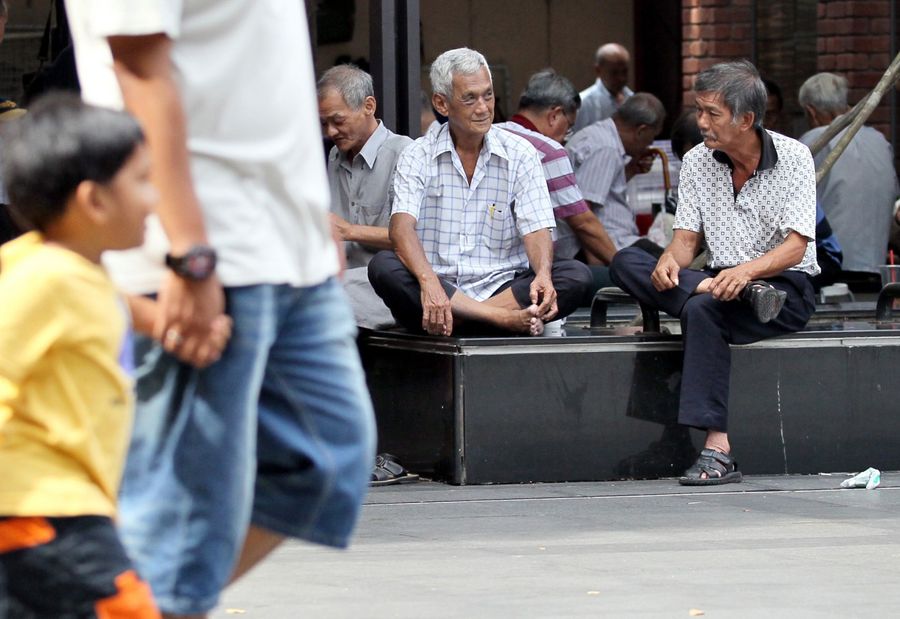
In Western democratic societies or in societies with electoral systems, the 'one person, one vote' structure has elevated the elites from outside the system to the apex of political power. These outsiders attempt to redefine the legitimacy of their political power and its use. In essence, they are anti-establishment and often at serious odds with the pro-establishment elites.
As different social groups are the source of populism in the society, it is entirely erroneous to think that only the bottom strata of society or the poor motivates populism. Without being mobilised by the elites, the poor seldom become a populist force. As earlier discussed, instead of being poor, many social protesters today are affluent in many aspects. For example, few thought that white Americans could be populists prior to Trump's presidency.
Like elite populists, social populists are against the establishment, with many who abhor it. They freely use phrases such as "democracy, freedom, justice, righteousness and equality" in their slogans, cheapening these traditionally hard-won values.
In actual fact, however, the protesters are using these values as mere embellishments to justify the legitimacy of their actions and moral superiority, without understanding what they truly represent. Any of the values can be manipulated by the protesters as long as it can be linked to or even associated with anti-establishment objectives. Consequently, opposition for the sake of opposing has become a distinctive feature of social protests today.
Why social protests will persist
Social protests have led to open confrontation between the pro-establishment and anti-establishment groups, resulting in massive social unrest. Considering the macro socio-economic background and the micro educational and technological factors of the current wave of social protests, one can expect it to be considerably protracted.
Political economist Albert Hirschman has suggested that social groups oscillate like a pendulum between the private and the public spheres, resulting in social protest movements. Social movements occur when people, having been in the private sphere for a long time, have the desire to move into the public sphere, and vice versa. The latter swing implies the decline of social protests.
The unrestrained power and desire for rights by groups with vested interests will only kindle greater opposition in the young generations.
Hirschman was describing the social protest movement of the 1960s. Today's social movements struggle to find a balance between the public and private spheres because they are not the outcomes of the micro choices made by groups, as observed by Hirschman. Instead, they arise due to structural imbalance caused by globalisation, technological progress and social divide. Until a relative balance is attained, social protests will persist. Many governments of the day face the challenge of structural reforms that are required to achieve this balance.
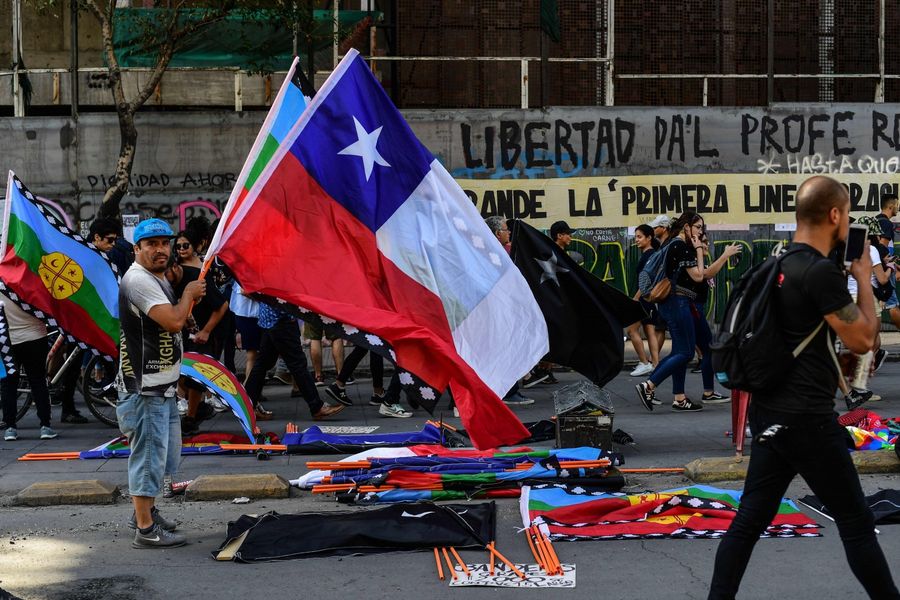
In response to the new wave of social protests, some governments have proposed to establish a new social contract between the government and society. Indeed, as British philosopher Edmund Burke suggested, social contracts exist between the government and the people, among different social groups and generations of people, as well as between history and reality.
No social group, with vested interests or otherwise, can enter into a social contract with the government by hijacking other groups. A social contract of this nature implies self-regulation of vested interests on the part of those in power and those who dominate the discourse. The unrestrained power and desire for rights by groups with vested interests will only kindle greater opposition in the young generations.
Realistically, however, this current wave of social protests can no longer be resolved by a new social contract, and its continuation is more likely to result in fundamental institutional reforms. Today's social construct requires a highly centralised yet highly decentralised, autonomous political system. The system must be centralised, but not concentrating political power in the hands of a few individuals. It must also be decentralised but selectively centralised to guarantee the continued existence of the sovereign country. In addition, the various social problems, including unemployment, caused by technological advances will require solutions by the sovereign state because the market is increasingly helpless to solve them.
As the concept of sovereign countries is reinforced by globalisation, it is difficult to imagine a world without sovereign countries. Meanwhile, the trend of strengthening local and group identities necessitates decentralisation and autonomy in governance.
Historically, the political systems that satisfy these two conditions are imperialism and feudalism. However, it is highly unlikely that today's world will revert to the imperial or feudal past. The new system will require much political imagination.
